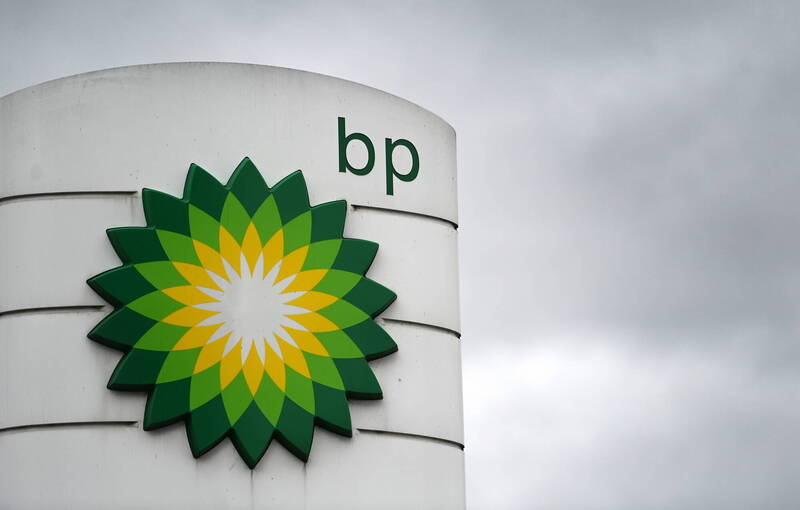BP has downgraded its outlook for oil and gas demand in its latest annual forecast.
(Photo by European News Agency)
[Financial Channel/Comprehensive Report] The energy giant British Petroleum (BP) lowered its outlook for oil and natural gas demand in its latest annual forecast, arguing that the turmoil caused by Russia's invasion of Ukraine will drive countries to invest in renewable energy in the next 10 years , to expand energy security.
BP said in its annual energy outlook on Monday (30th) that global carbon emissions could peak in the 2020s, earlier than originally expected, the Financial Times reported.
But even with growing political support for a transition away from fossil fuels, the analysis shows that governments and industry are still far behind in the race to achieve net-zero emissions by 2050.
Please read on...
As one of the most eye-catching studies, BP's outlook describes three scenarios for the development of the energy industry by 2050. Under the scenario reflecting the current broad trend, by 2035, oil demand is expected to fall at 93 million barrels per Today, 5% lower than last year's forecast, natural gas demand is down 6%.
The lower demand forecast reflects countries' reduced dependence on fuels, with renewables playing a growing role, but also reflects the long-lasting effects of the energy crisis, with economic growth expected to slow over the next decade.
BP chief economist Spencer Dale pointed out in the report that the experience of major energy supply shocks in the 1970s shows that events that exacerbate energy security problems can have a significant and long-term impact on energy markets.
Despite the slowdown in demand, global emissions would only fall by 30% below 2019 levels by 2050 against this backdrop, the report added, adding that the world would need to drop 95% below 2019 levels to achieve net zero emissions .
In this scenario, oil demand would remain at current standards of close to 100 million barrels per day for most of the decade, gradually falling to about 75 million barrels per day by 2050.
The British Petroleum report also mentioned that the reduction of existing oil fields means that in the next 30 years, investment in oil and natural gas production will still be required, even under the goal of achieving net zero.
Events of the past year have also shown that relatively minor energy supply disruptions can still result in serious economic and social costs, underscoring the importance of the transition from hydrocarbons, Dell said.
Grasp the pulse of the economy with one hand I subscribe to Free Finance Youtube channel
Already added friends, thank you
Welcome to 【Free Finance】
feel good
Already liked it, thank you.
related news
